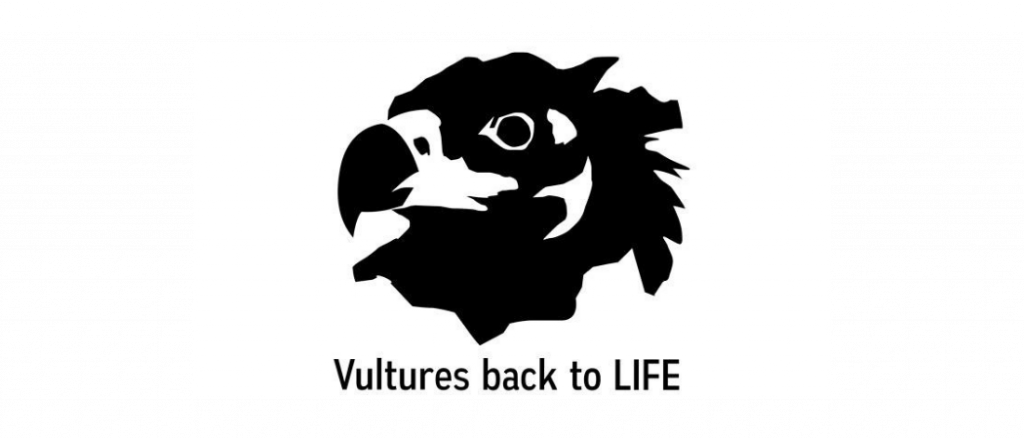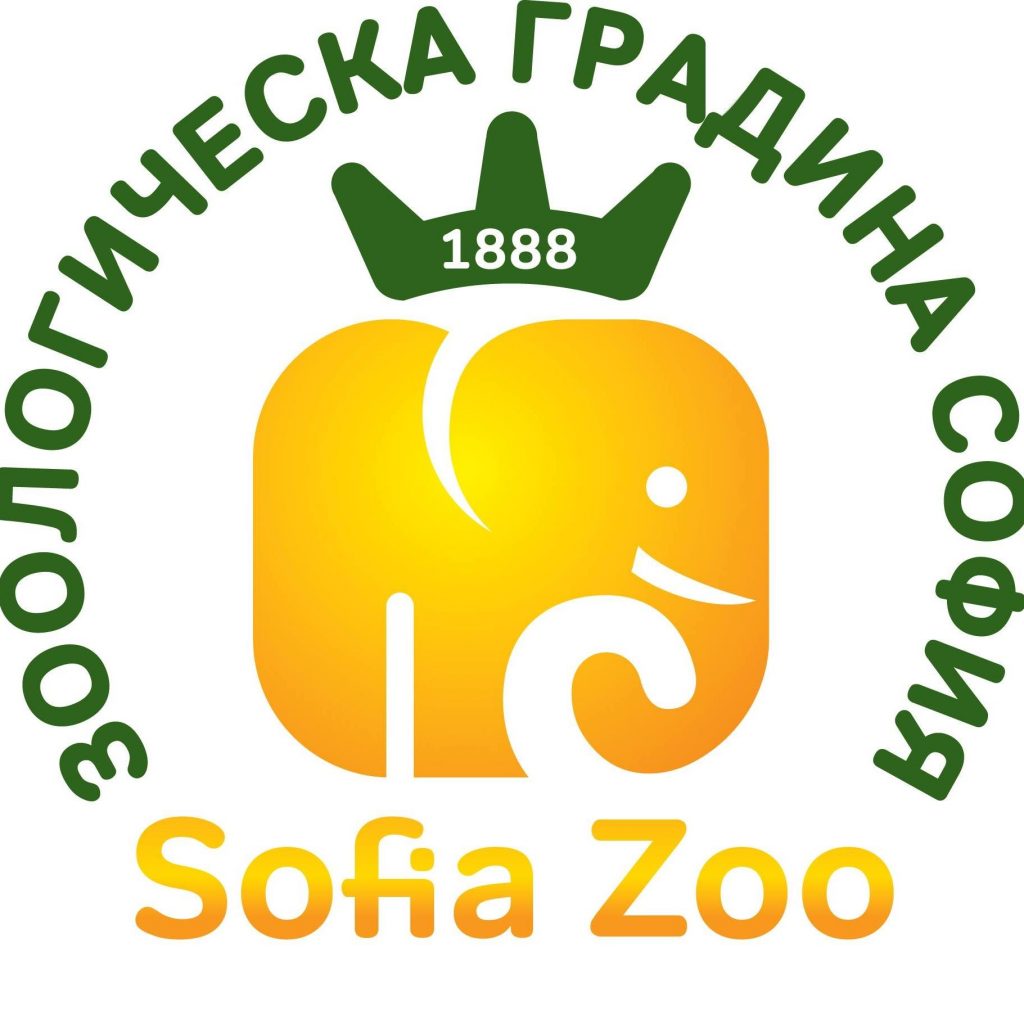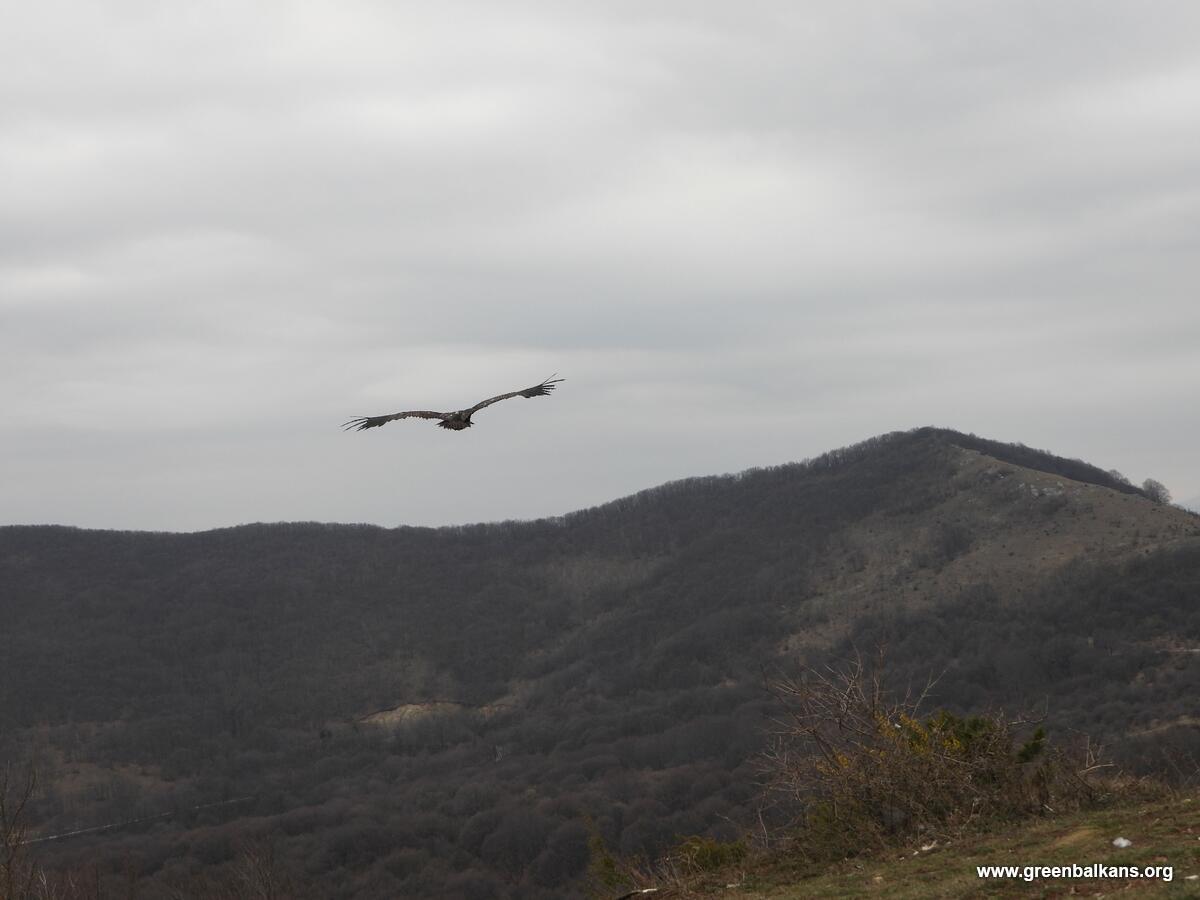A few days ago, a Cinereous Vulture pair arrived at Sofia Zoo in Bulgaria to support the Vultures Back to LIFE project, which is returning the species to the country. The Junta de Extremadura donated the birds to the facility with the hope to see their future offspring join the birds already released in Bulgaria’s wild.
Cinereous Vulture pair becomes part of captive breeding programme
The two newly-arrived birds named Sophia and Badahos are already a formed couple, and we expect their descendants to arrive in the coming years. Unfortunately, the two birds are permanently disabled and thus cannot be released into the wild. So, the project team decided to incorporate them into a captive breeding initiative, where they will still play an important role in the conservation of their species. Now that they live in the Zoo, their future chicks can be included in the adaptation programme through the so-called aviary, preparing them for their release to freedom. Sofia Zoo has experience in rearing and breeding vultures. Since 2000, it has participated in the efforts for the conservation and restoration of Griffon and Egyptian Vultures, and now the largest species, the Cinereous Vulture, became a part of the Zoo’s conservation programme. “It is a species of exceptional value for Bulgaria and the Zoo. That was the favourite bird of Tsar Ferdinand, the establisher of the Zoological garden,” shared Dobromir Borislavov LA – Director of the Zoological garden in Sofia. Sofia Zoo is also part of an international coordinated network of zoos called EAZA (European Association of Zoos and Aquaria – EAZA) that supports the return of species that are extinct or endangered in the wild.
Cinereous Vulture reintroduction successful in Bulgaria
In 2021, the efforts of the Vultures Back to LIFE project in Bulgaria reached a new milestone. Nesting pairs became a reality near Kotel, where the project team has been gradually releasing Spanish wild-hatched and captive-bred Cinereous Vultures for the past few years. One pair hatched a chick in the spring that fledged in autumn nearly three decades after the species was officially declared extinct in the country. With this milestone, thanks to the conservation programme for the return of the species, the Cinereous Vulture is once again successfully breeding in Bulgaria!
Vultures Back to LIFE

Led by Green Balkans in collaboration with the Fund for Wild Flora and Fauna, Vulture Conservation Foundation, Junta de Extremadura and Euronatur, the Vultures Back to LIFE project aims to reintroduce the Cinereous or Eurasian Black Vulture to Bulgaria. The team will transfer and release into the wild around 60 birds, some coming from captive-breeding backgrounds but mostly from Spanish wildlife rehabilitation centres. The project will also create supplementary feeding stations, increase populations of wild herbivores, improve nesting conditions and tackle some of the major threats to support the return of the species.









